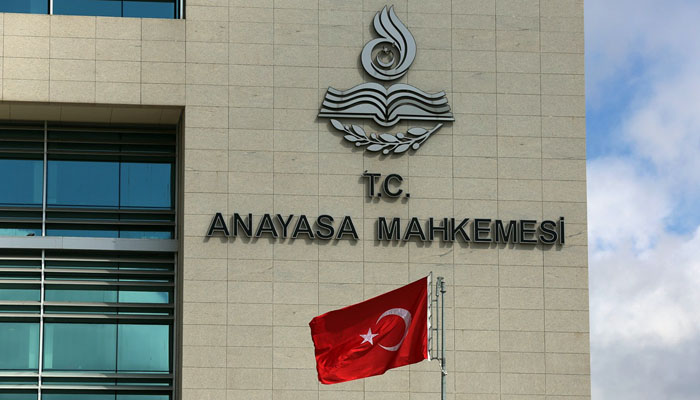Turkey’s main opposition Republican People’s Party (CHP) has challenged at the Constitutional Court a controversial article in a new law regulating the media that makes “spreading false information” a criminal offense, Turkish media reported.
The new law consists of 40 articles that amend several laws, including the Internet Law, the Press Law and the Turkish Penal Code (TCK).
It makes “spreading false information” a criminal offense punishable by between one and three years in prison. If a person conceals his or her identity while spreading false information, those penalties can be increased by half, the new law says. The law does not specify what constitutes “false information.”
Turkish President Recep Tayyip Erdoğan has signed the law, which was proposed last Thursday by Erdoğan’s ruling Justice and Development Party (AKP) and supported by its ally, the far-right Nationalist Movement Party (MHP).
The new law, which restricts freedom of expression according to critics, was published in the Official Gazette on Tuesday following Erdoğan’s approval.
The law also introduces much stricter government control over online news sites, equipping the government-controlled Information and Communications Technologies Authority (BTK), which is responsible for regulating the internet in Turkey, with broad powers to force social media companies to delete online content and hand over user data or to be subject to a reduction of their bandwidth – known as “internet throttling” – if they fail to comply.
CHP parliamentary group deputy leader Engin Altay, speaking to journalists outside the Constitutional Court after he filed his party’s petition, said the law is designed to silence dissidents, the media, the press and social media.
“I call on the Constitutional Court to process our petition and decide without delay to suspend the application of Article 29 [of the new law]. This law not only harms democracy in Turkey but also means Turkey no longer belongs to the family of democratic nations,” Altay said.
The timing of the law has many concerned that it aims to muzzle online reporting and commentary critical of Erdoğan’s government ahead of the 2023 elections.

